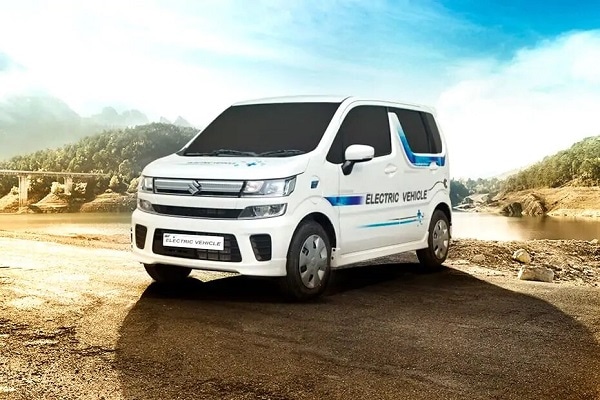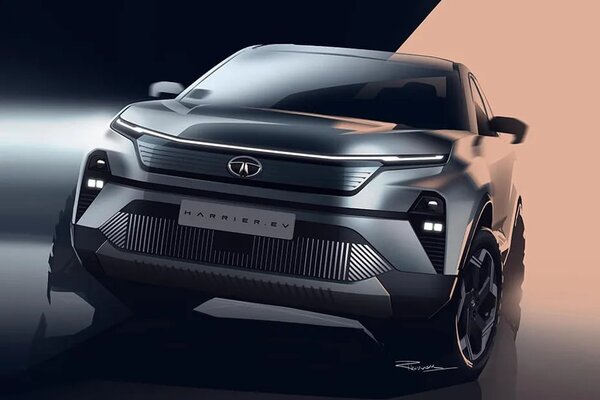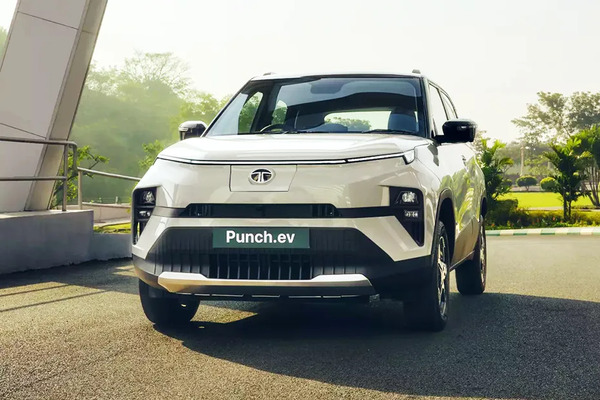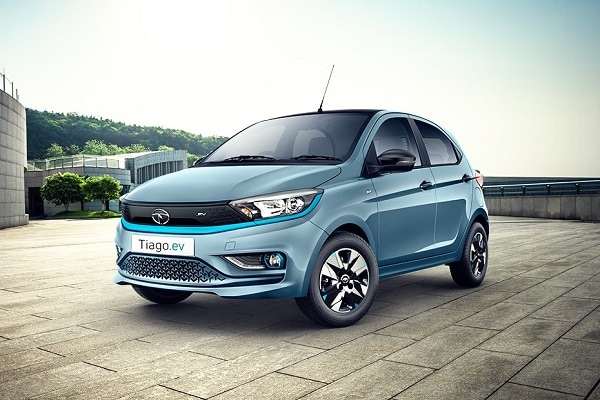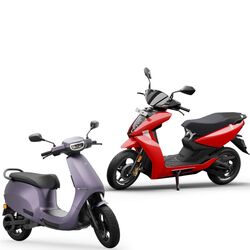Are EVs redefining scope and scale of brand loyalties? Here's an insight
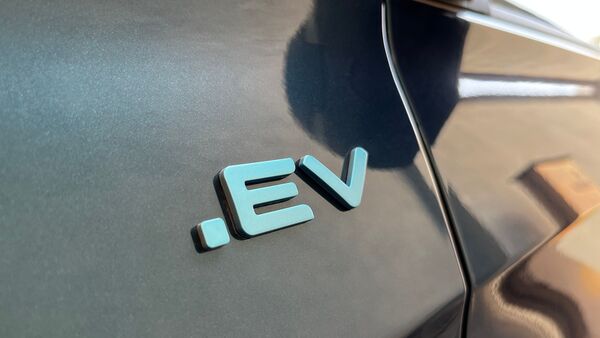

Electric vehicles of EVs are taking over global roads gradually and market dynamics across the world are changing all the time. Manufacturers - both established and those finding their feet - are either offering battery-powered models or at least considering the merits of making the switch. But a customer's buying pattern and preference within the EV ecosystem too is evolving. And evolving fast. Brand loyalties could mean very little in the present and upcoming scheme of things.
Traditional automotive giants like Toyota, Volkswagen, Ford and General Motors are mostly aware that even their most loyal fans stand on the cusp of potentially driving home an EV that is not from their product portfolio. Take the case of the US where Tesla has opened up a mammoth gap and now has a loyal following of its own that is second to none. An almost cult-like popularity of Tesla models here and in many other parts of the world has helped the company become the largest EV player, by far. Just because a family has always bought and driven a Ford or a Toyota does not guarantee that its first or next EV would be a Ford or a Toyota.
Also check these Vehicles
Most experts agree that much of how big a factor brand loyalty would still be would depend on how quickly traditional giants can bring out capable EVs into markets. "EVs are throwing a monkey wrench into the loyalty patterns that automakers have grown accustomed to, and it will be fascinating to watch if the growing number of EV models from mainstream brands will shift consumers back fully toward their loyalty tendencies or if brand allegiances are a thing of the past," Jessica Caldwell, Edmunds’ Executive Director of Insights, was quoted as saying by CarScoops.
But it is not as if brand loyalties would become inconsequential completely. In fact, there are indications that a reverse trend is also very possible. Tesla is maturing and may not be able to cash in on the novelty factor for much longer. The younger EV-buying audience may propel newer players but brands like Hyundai, Audi, Mercedes - among others - are going above and beyond to woo and wow.
The Indian EV landscape
Closer home, Tata Motors has had a nearly free run in the electric car space and has a dominant share in what is still a rather small market for battery-powered options. The Nexon EV is the supreme leader among electric cars here and a large chunk of its customer base may not have ever bought a Tata car previously. This, of course, is an assumption.
But the Indian auto market is also unique and among other reasons, Nexon EV's success could be because of a lack of competition in the ₹12 lakh to ₹20 lakh price bracket. The likes of Maruti Suzuki and Hyundai - dominant in the conventional PV space - have either no EV in the ‘affordable’ price range, or no EV at all.
Also watch: Tata Nexon EV Max Highway Drive Review
In the electric two-wheeler space, there is a massive churn with newer players like Ola Electric, Ather Energy and Okinawa Autotech challenging the likes of Hero MotoCorp, TVS, Hero Electric and others. Brand loyalties here mean even less.
As such, moving forward, basking in the glory of past laurels could count for very little unless brands - both new and old - adapt and evolve to changing dynamics.







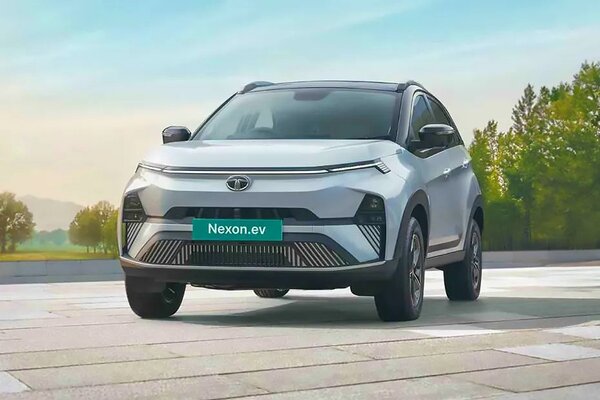
 40.5 kWh
40.5 kWh 465 km
465 km